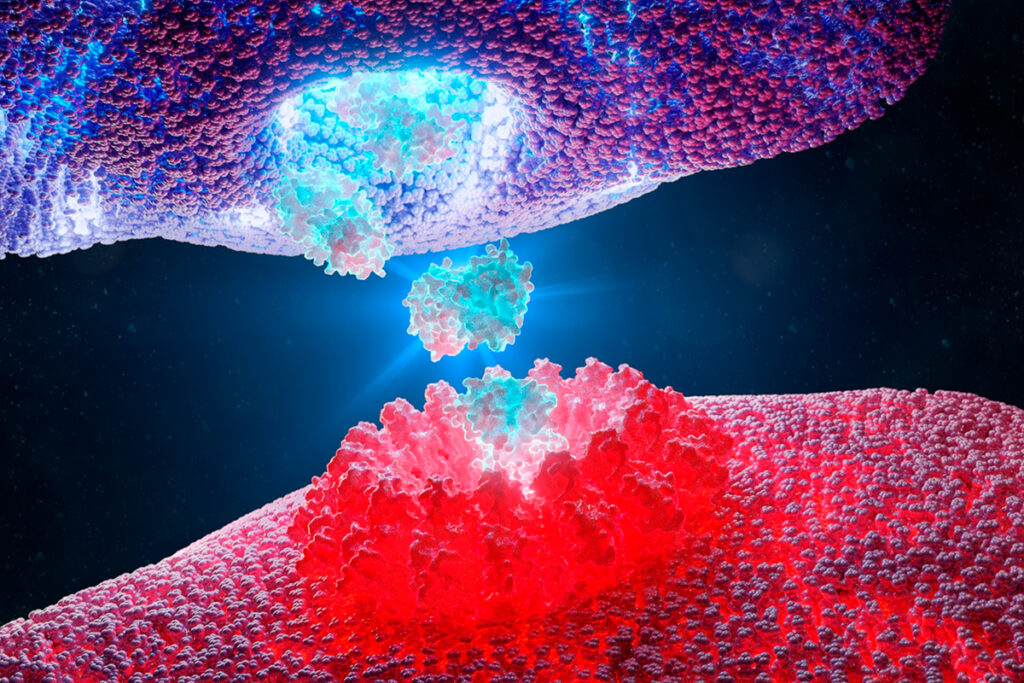Solar ultraviolet (UV) B radiation contributes to skin cancer.
Ultraviolet B Radiation Suppresses Skin Immune
Ultraviolet B radiation (UVB) may damage DNA. Dendritic cells of the immune system react to DNA damage. Dendritic cells consider damaged cells to be foreign and engulf them. The dendritic cells then migrate to the lymph nodes to show foreign cell proteins to T-lymphocytes, which will fight off possible infection. Skin immune is reduced as skin dendritic cells migrate to the lymph nodes. Therefore, after exposure to UVB, the immune system can less protect the skin from infections and tumors.
UV DNA Damage Predisposes to Skin Cancer
UVB causes mutations in the tumor suppressor gene, a gene that prevents the development of tumors. These mutations are the leading cause of skin cancer. When ultraviolet radiation damages DNA, cells resist mutation and repair DNA with DNA repair enzymes. Disruption of regular DNA repair can lead to skin cancer.
Type I Interferons Regulate UV-Induced Skin Inflammation
Type I interferons (IFN-I) are signaling molecules that regulate the strength of the innate immune response and activate the adaptive immune system. A single exposure to UV radiation induces an early cutaneous IFN-I response that triggers inflammation. UVB stimulates interferon’s local and systemic response in the blood and kidneys.
Type I Interferons Enhance Repair of UV-Induced DNA Damage
DNA damage triggers the interferon response. This mechanism is similar to the antiviral response. Interferon is needed to suppress the reproduction of infected cells and repair DNA or stimulate the death of cells with irreparable damage.
Interferon production is triggered when cellular pattern recognition receptors detect foreign nucleic acids. One of these receptors is TLR7.
The immunomodulatory drug imiquimod stimulates the TLR7 receptor. Imiquimod enhances the repair of UV-induced DNA damage. Topical treatment with imiquimod prevents UVB-induced cutaneous immune suppression. One of the mechanisms of action of imiquimod is to trigger a type I interferon response.
American scientists have found that type I interferon signaling activates a DNA repair gene. Experiments in mice showed that UV radiation caused more DNA damage and impaired DNA repair in mice lacking the type I interferon receptor.
Output
Type I interferons stimulate the repair of DNA damage caused by UVB. Therefore, IFN-I may be possible targets for developing new drugs that prevent non-melanoma skin cancer.
Useful article, necessary information? Share it!
Someone will also find it useful and necessary:



